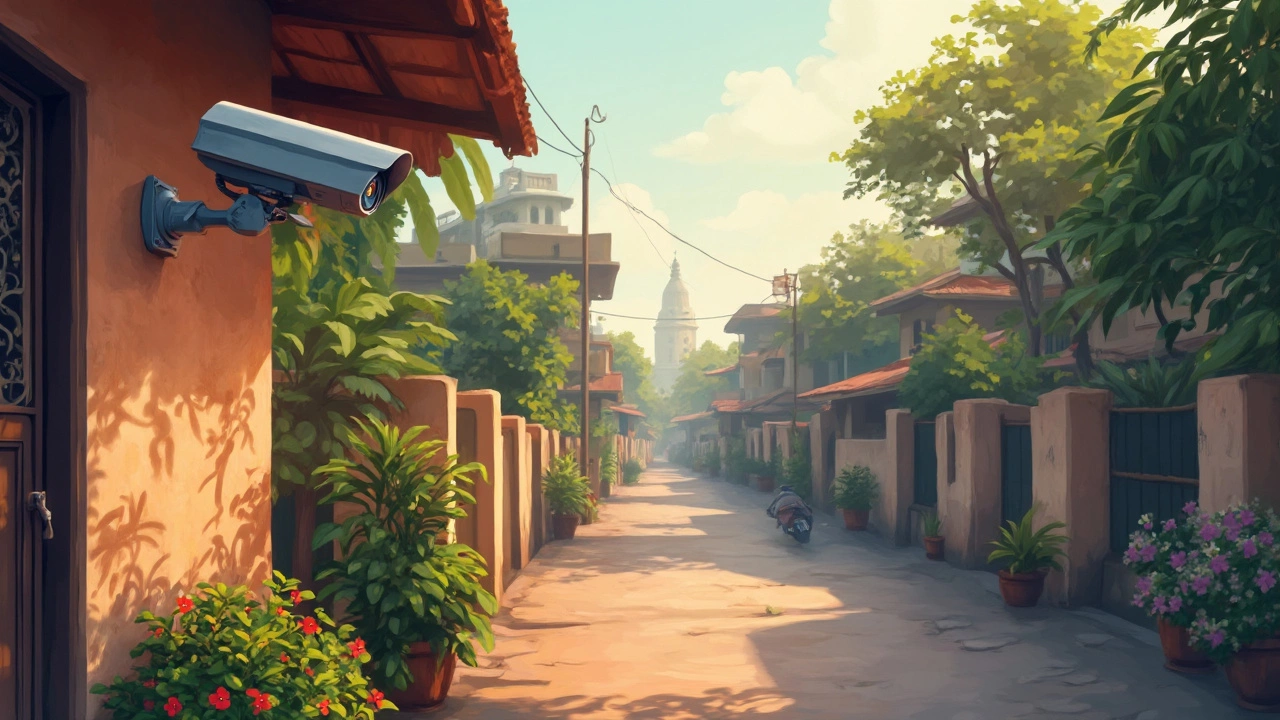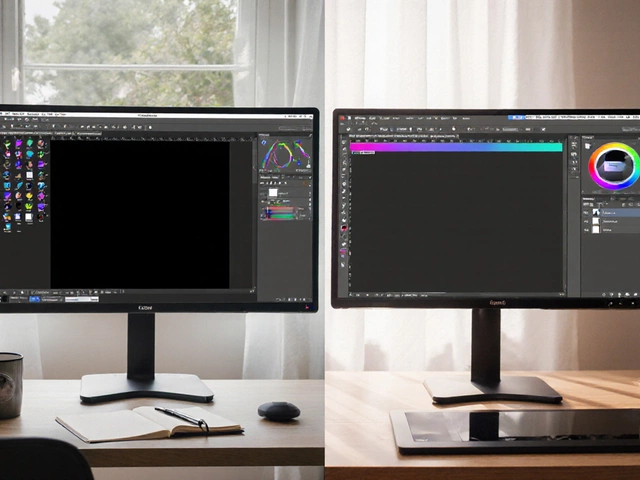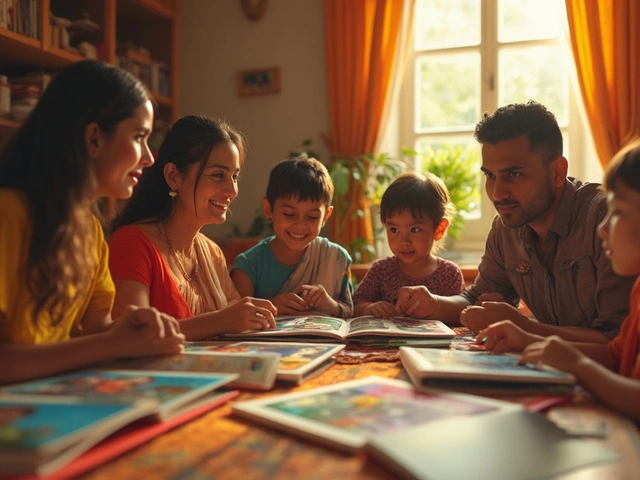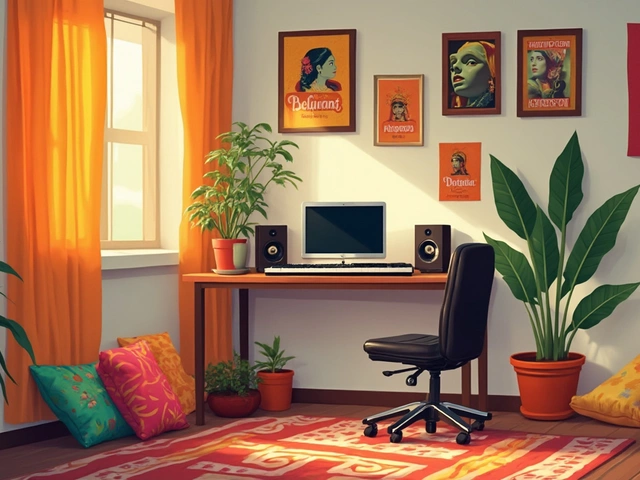Ever been caught in a situation where you thought a CCTV camera might make you feel a tad more secure outside your home? Yeah, me too. But then comes the nagging question: is it legal? Here in India, the rules aren’t as straightforward as you’d hope, and understanding them is key to avoiding a potential legal hassle.
First off, India doesn’t have a single, sweeping law about CCTV installation. Instead, it’s more like a patchwork of privacy laws and local regulations. Sounds complicated, doesn’t it? The idea is to respect personal and neighboring privacy while keeping your own property safe. And while everyone wants to catch the delivery guy sneakily dropping your parcel, it's crucial to make sure you’re not unintentionally recording something you shouldn’t. Privacy concerns are a huge deal, and rightly so.
- Understanding CCTV Laws in India
- Privacy Concerns and Public Areas
- Choosing the Right CCTV System
- Best Practices for Installation
Understanding CCTV Laws in India
Let's get real for a moment – installing CCTV outside your house in India isn't just about picking the right gear. There’s this whole maze of legal stuff you've got to wade through. But don’t sweat it. I've got your back.
First things first, India doesn't have a specific national law strictly governing CCTV installation. Yep, you heard that right. Instead, it falls under a bunch of privacy rules and local laws which can sometimes feel like pieces of a huge puzzle. The key is finding and fitting the right pieces for your area.
So, what’s the lowdown? You can install CCTV cameras on your property, reasonably predicting they'll only cover your premises. The angle and placement matter – pointing them at your driveway's fine, but aiming at your neighbor’s bedroom window? Not cool and definitely not legal.
- Privacy Protection: The Information Technology Act, 2000, plays a major role here. It protects against data breaches, including CCTV footage misuse. Breaching it? That's a quick way to get into hot water.
- Obtain Permissions: In some places, local municipal or housing societies might have specific guidelines or need approvals before popping up cameras. It's wise to check with them, saving yourself any future grief.
Here's a handy tip: Always ensure people are informed if they're being recorded, say with visible signs that make it clear. It’s respectful and legally smart. Plus, it helps keep you transparent about your CCTV legality in India concerns.
So, installing cameras legally in India is like piecing together a legal jigsaw wherever you live. Stay informed, stay respectful, and you’ll be just fine.
Privacy Concerns and Public Areas
So, you’re thinking of setting up a CCTV but worried about what's legal and what's not in terms of privacy concerns. You’re on the right track! In India, balancing personal security with public and neighbor privacy can feel like you're trying to walk a tightrope. The law generally lets you use CCTV on your property, but be cautious about pointing those cameras towards public areas, like streets or your neighbor's lawn.
Here's a nugget of wisdom: the Information Technology Act, 2000 gives broad guidelines on privacy, but there isn’t a detailed policy yet. Using CCTVs becomes an issue when it infringes on someone else's right to privacy. A basic rule of thumb is to ensure that cameras don’t capture areas beyond your property line. Simple, right?
As legal expert Advocate Anand Grover puts it,
"The use of CCTV cameras must adhere to the principle of transparency and consent... it should respect legal boundaries and individual privacy."So, keep this in mind to steer clear of trouble.
Now, if you’re eyeing public areas, it’s best to keep your CCTV angle restricted or use privacy masks that block out neighboring properties. Plus, putting up a clear notice that informs people about the surveillance can also keep you in the clear.
Remember, the keyword here is balance. You're looking to secure your home without stepping on anyone else's toes. Stay informed, stay respectful, and you're good to go!
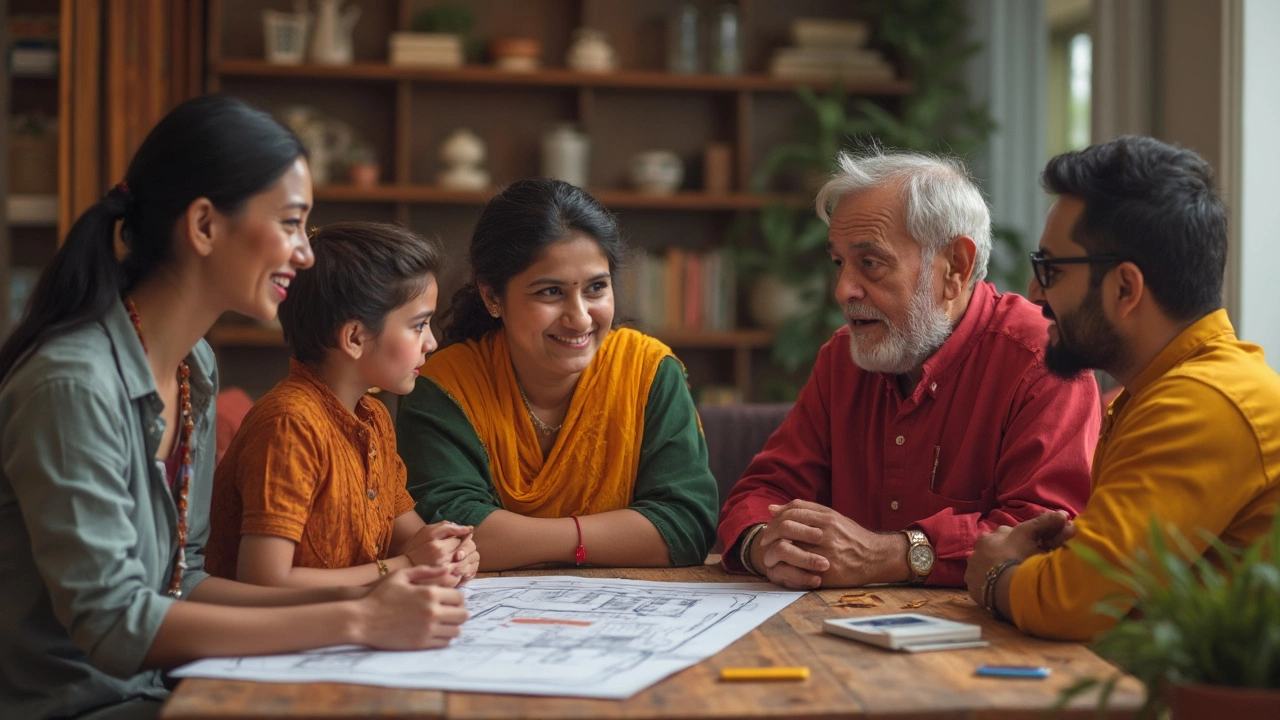
Choosing the Right CCTV System
Picking the right CCTV setup for your home isn't just about grabbing the first camera you see in the market. You need to think about a bunch of factors, from features to budget, to make sure you're getting bang for your buck and peace of mind.
First, consider what you actually need. Are you looking for basic surveillance, or do you need advanced features like night vision, motion detection, or cloud storage? If you live in a busy area or have a large property, features like high resolution and wide-angle lenses are worth the splurge. For those just wanting to monitor their front porch, simpler, more affordable options are out there.
Next up, think about installation. Some cameras are a breeze to set up, while others might have you scratching your head. Decide if you’re up for some DIY or if hiring a professional makes more sense. Wireless cameras are pretty popular these days because they cut out the hassle of wiring, but make sure you have a reliable internet connection to support them.
Let’s talk brands and compatibility. In India, brands like CP Plus, Hikvision, and Godrej have made quite a name for themselves, with options catering to different needs and budgets. But remember, ensure your CCTV system is compatible with any smartphones or tablets you plan to use for management.
Finally, consider data storage. You can choose between local storage (like an SD card) or cloud storage. Local storage is often cheaper but can be limited in space, whereas cloud storage typically offers more space but can come with a monthly fee. Analyze what suits your budget and tech comfort level best.
| Brand | Known For |
|---|---|
| CP Plus | High-quality, budget-friendly options |
| Hikvision | Advanced tech features and wide range |
| Godrej | Reliable local brand with various options |
Ultimately, choosing the right CCTV system is about balancing features, ease of use, and price. Take the time to identify what fits your needs best, and your home will be all the safer for it.
Best Practices for Installation
So, you've decided to boost your home's security with a CCTV system. Nice choice! But before you drill holes and mount cameras everywhere, let's go through some handy tips to tackle it right.
The first rule of thumb is location, location, location. Make sure your cameras cover all entry points—think front door, back doors, and any windows easy for unwanted guests to access. But remember, keep it legal! You can monitor your own property, but it's best to avoid pointing cameras at someone else's space. Not only is this respectful, it keeps you out of sticky legal situations.
Choosing the right CCTV system can make or break your setup. Opt for cameras with good resolution to catch details, even at night. Many modern systems offer night vision and motion detection, which are pretty cool features. You'll want something that records onto the cloud or a local storage device, so reviewing footage isn't a nightmare.
When installing, height matters. Mount your cameras high enough to avoid easy tampering, but not so high that you miss crucial details. And don’t forget to regularly check and maintain your system. A camera isn’t any good if it’s blocked by dusty old leaves or spider webs.
An important tech tip: secure your network. Change default passwords on your cameras and update firmware regularly. The last thing you want is someone hijacking your footage.
- CCTV installation: cover major access points without infringing on others' privacy.
- Network security: change passwords, update firmware.
- Camera maintenance: regular checks for clear line of sight and performance.
By sticking to these best practices, you'll not only enhance your home's security but also ensure you're following the rules and looking out for your neighbors' privacy.
